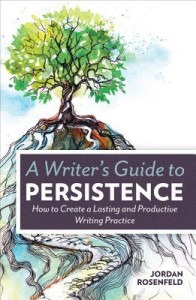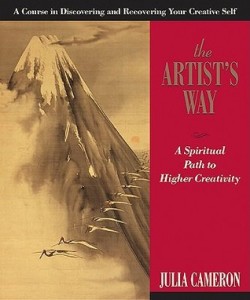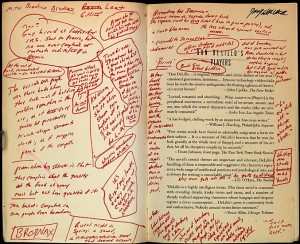When a writer friend or fellow Fictorian tells me they just got a one-star review on Goodreads or Amazon, my teeth clinch and I wince. Getting a one-star review isn’t quite like being hit in the stomach with a baseball bat, but more so pounded in the chest with a meat tenderizer.
There is one glimmer of respite: you’re not alone in that ridiculous one-star review that didn’t even get the name of your characters right. You’re not the only one who asked yourself if the reviewer actually saw the words on the page, because it says right there on page 13 that Mary’s mother was an ex-CIA agent bomb specialist, hinting that she could have prior knowledge of how to deactivate bombs. Just saying. It’s on page 13. Not even 20 pages into the book. But, you know, maybe the reviewer couldn’t see words.
Even veteran writers get one-star reviews that are ridiculous or extremely rude, or both (it’s like a crap sandwich).
WARNING: Language. These authors use language.
And more:
WARNING: Language. These authors use more language.
But Children’s books. Those are safe, right?
And if you think there are still some sacred texts free from scathing reviews, I’d urge you to look up reviews for The Holy Bible. “Badly edited, poor continuity and internal consistency. Authors seem to change between books. Plot is cliched and thin, with virtually no character development save for Judas Iscariot,” says one reviewer. While some of these reviews are clearly written in jest, just remember, no work is safe from other people’s opinions.
But you as the author can past these scathing reviews by reminding yourself that you aren’t alone. Rant to your friends if you must, but keep it private. Don’t add any fuel to the fire. Your friends and other writers can help you through some of the personal attacks, and help bolster you up against the attacks on your book. Remember, what you see online are opinions. Everyone’s got them, and they don’t really matter. But your happiness DOES matter. Protect it, and keep close friends nearby who also want you to be happy.
Don’t forget to enter to win one of the prizes we’ve got up-for-grabs this week. Click here for rules and giveaway details.




